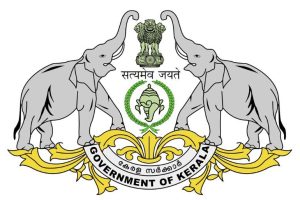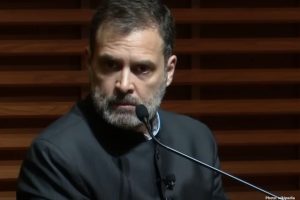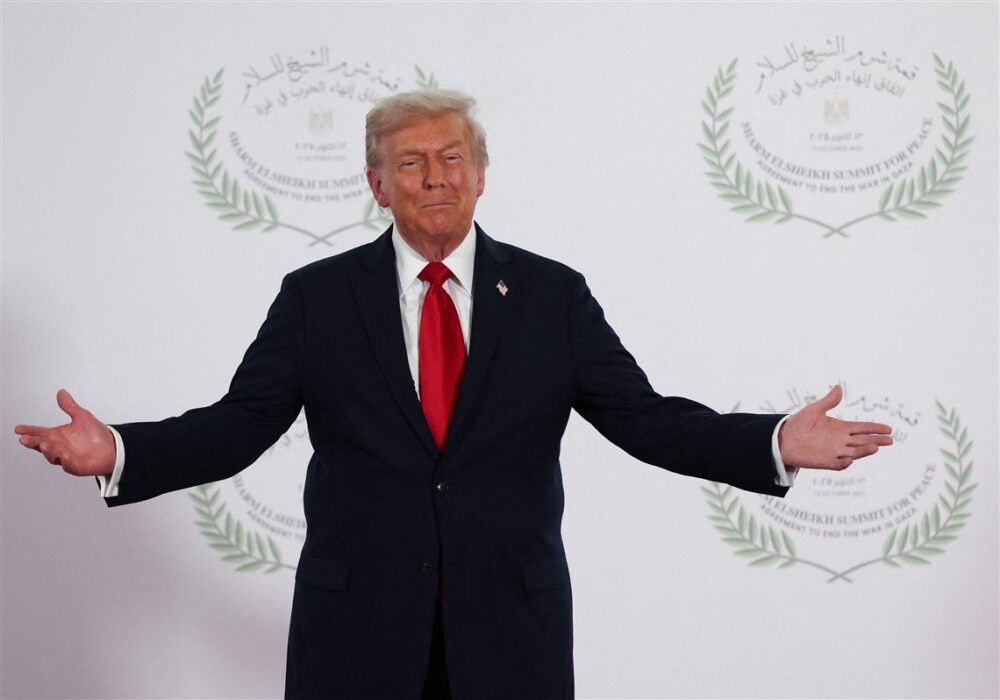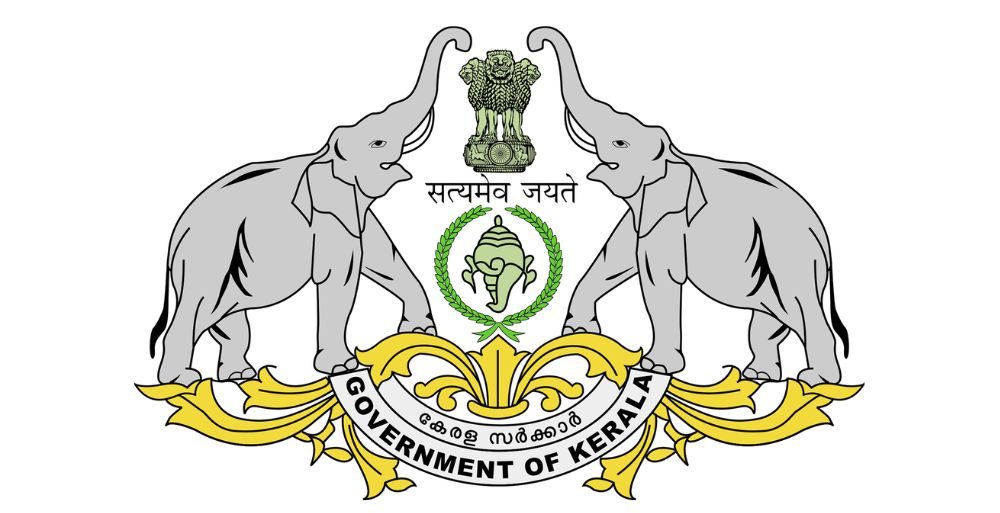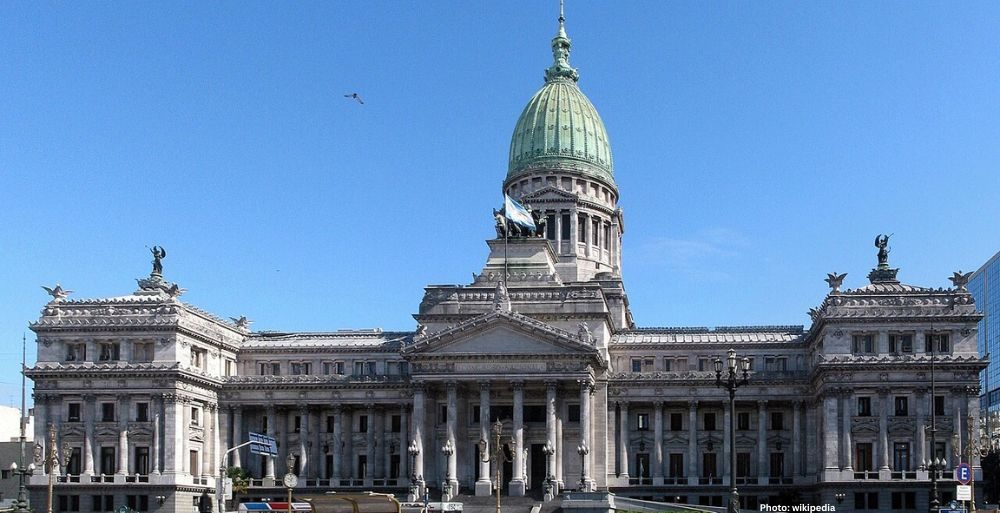Approval of President Donald Trump’s management of the U.S. government has dropped significantly in recent months, with growing dissatisfaction coming even from within his own Republican Party, according to a fresh AP-NORC poll conducted in early November 2025. Since the start of his second term, confidence in his handling of the federal government has fallen sharply, particularly following the longest government shutdown in U.S. history.
The survey, conducted just before congressional efforts to end the shutdown, reveals that only 33% of U.S. adults now approve of how Trump is managing government operations—a marked decline from 43% approval recorded in March of this year. Republican support has notably waned, with only about 68% of Republicans approving of Trump’s government management, down from 81% earlier in the year. Independent approval has also shrunk dramatically, dropping from 38% to just 25%.
This erosion of confidence comes amid the fallout from the shutdown, which has left hundreds of thousands of federal workers unpaid, disrupted air travel, and put critical food aid programs at risk for vulnerable populations. While Trump and his administration have primarily blamed Democrats for the stalemate, public opinion polls reveal widespread blame across both major parties. The shutdown’s tangible hardships, alongside Trump’s recent controversial decisions such as agency cuts and mass layoffs, appear to have contributed to the declining approval ratings.
Despite this drop in approval of Trump’s handling of the government, his overall presidential approval remains relatively steady. The poll finds about 36% of adults approve of his overall presidency, a figure that has barely changed since last month. Trump’s approval on key issues such as immigration and the economy has also remained largely unchanged since October 2025, with roughly a third supporting his approach to health care.
Within the Republican base, however, some voices express concern and frustration. Beverly Lucas, a 78-year-old retired educator from Florida, described the ongoing shutdown as “petulant” and compared the president’s behavior to that of a child wielding unchecked power. She criticized the administration’s perceived insensitivity, referencing a lavish party held at Trump’s Mar-a-Lago estate during the shutdown period, which she felt highlighted a lack of empathy for Americans struggling with hunger and economic uncertainty.
Among Democrats, disapproval of Trump’s government management remains overwhelming, with a striking 95% expressing negativity compared to 89% earlier this year. Independents and moderates tend to place blame more evenly across political lines for the stalemate, reflecting a broader frustration with partisan gridlock. Nora Bailey, a 33-year-old moderate from Arkansas, voiced displeasure over the government’s handling of essential services, noting her personal struggles with delays in accessing vital health programs due to the shutdown. She emphasized a desire for government streamlining and criticized what she described as excess bureaucracy.
Health care continues to be a central issue in the shutdown debates, with Democrats pushing to extend tax credits essential to many Americans, while Trump’s approval on this front remains low and static. The poll shows only about one-third of respondents approve of his health care handling, mirroring similar trends from recent months.
Looking ahead, some speculate that Trump’s approval over government management might improve if and when the shutdown concludes. However, the long-term political impact of the shutdown and continuing polarized perceptions of Trump could continue to influence public opinion as the country approaches future elections. The durability of support among his core base contrasts sharply with declining confidence among Republicans broadly and the general population.
The AP-NORC poll interviewed 1,143 U.S. adults from November 6 to 10, employing a probability-based sample designed to represent the American population accurately. With a margin of error of plus or minus 3.8 percentage points, the poll underscores significant political challenges facing the president as dissatisfaction grows amidst ongoing governmental stalemates and contentious policy debates.





